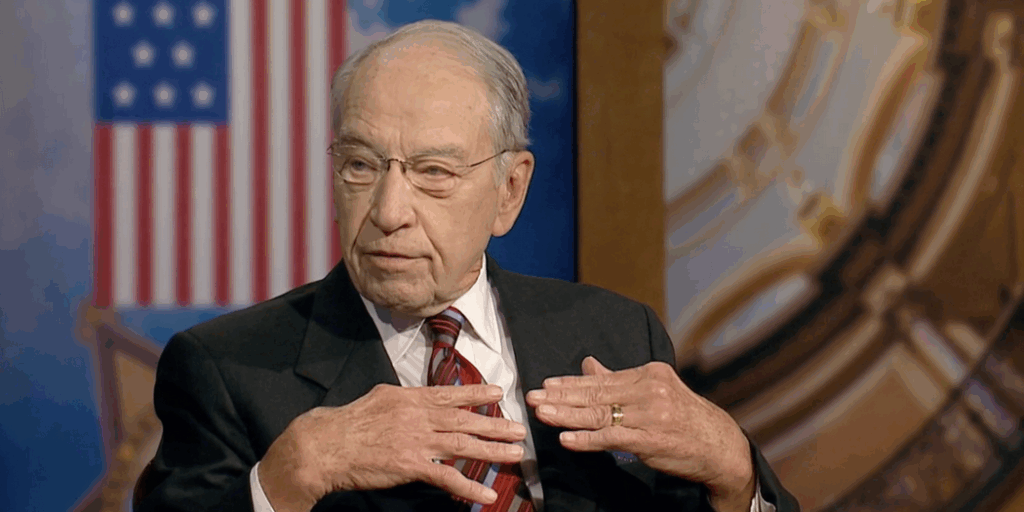Key Insights on James Comey's Indictment: Context and Implications
James Comey, the former FBI Director, has recently been indicted by the U.S. Department of Justice on charges of perjury and obstruction of justice. These charges relate to testimony he provided to Congress during a Senate Judiciary Committee hearing in September 2020, where he discussed his handling of investigations concerning Hillary Clinton and pro-Trump election interference by Russia.
The two-page indictment highlights Comey’s alleged misleading statements about a leak related to an FBI investigation. Comey has publicly maintained his innocence and vowed to contest the allegations in court.
The Context of Comey's FBI Tenure
James Comey served as FBI Director during a tumultuous period in American politics, especially during the 2016 presidential election. His announcement to investigate Hillary Clinton’s email practices just days before the election and his subsequent firing by then-President Trump continue to shape public discourse and political narratives.
After his controversial firing in May 2017, which occurred while he was leading a probe into Russian interference in the election, Comey became a vocal critic of Trump, publishing a book that detailed his experiences and interactions with the President.
The Charges Against Comey
According to the indictment, the charges stem from Comey's video testimony, during which he allegedly stated that he had not authorized any leaks to the media regarding FBI investigations. This allegation is contentious due to conflicting testimonies, particularly from his former deputy, Andrew McCabe, who indicated that Comey did authorize such leaks.
The timing of the indictment is also noteworthy, as the statute of limitations for bringing these charges was set to expire shortly after the announcement. Comey is scheduled to appear in court for an arraignment on October 9, 2025, and further proceedings will determine how the case unfolds.
Political Ramifications
This indictment comes amid heightened political tensions, particularly with former President Trump, who has expressed a desire to see more charges levied against his political opponents, including Democrats like Senator Adam Schiff. Critics of Trump argue that the justice department's actions have become weaponized for political purposes, which undermines the integrity of the judicial process.
As the political landscape becomes increasingly polarized, the Comey indictment may serve as a rallying point for both parties, influencing not just public opinion but also the strategies leading up to future elections.
Conclusion
The Comey indictment is the latest chapter in the ongoing saga of political accountability and the justice system’s role within American democracy. As the court proceedings begin, the implications could reverberate through the political landscape, affecting both Comey’s legacy and the broader dialogue around justice and accountability in the current administration.





















